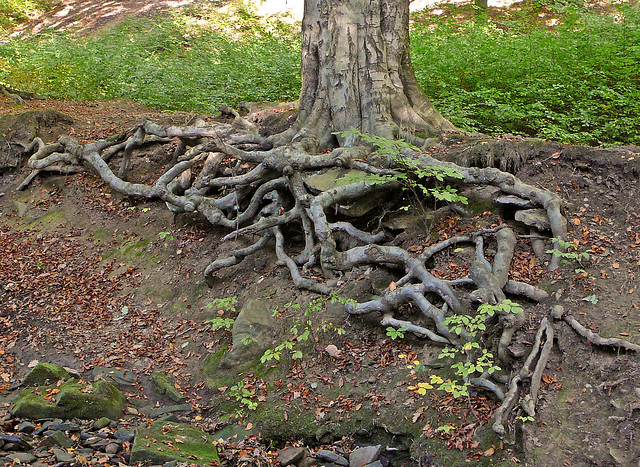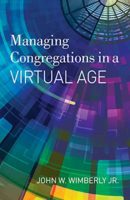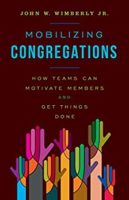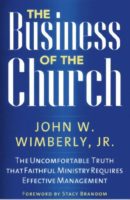The man being interviewed by the BBC stood outside his home in Aleppo, a building most of us would call rubble. He called it home. When asked why he never left Aleppo despite all the bombings, terror and death, he didn’t hesitate: “This is my home. I am an oak and this is the soil in which I was planted. In Syria, we have a saying, ‘Leave home and you have no roots.’” The sense of and need for being rooted is a strong feeling for many of us.
Part 1 of John Wimberly’s series of “Bigger Brand” articles is “A Place We Can Trust and Be Trusted.
In November, I wrote about a congregation’s image among its members and in the community: Its brand, if you will. I suggested trust/trusting/trusted as a positive, potential brand or image for congregations. Who doesn’t want to belong to a community where they are trusted and can trust others? This month I want to suggest “rootedness” as a potential brand or image for congregations. In a highly mobile, rapidly changing society, who isn’t attracted to the idea of being rooted instead of rootless?
The concept of “being rooted” is multi-dimensional for religious congregations:
- First, we offer people the chance to root their lives in God and a spiritual journey. To the millennials who are “spiritual but not religious,” the opportunity to root themselves in a spiritual journey is especially attractive.
- Second, we offer people the chance to root themselves in a community of people who, like them, are on a spiritual journey. In a highly secular society, a place where we can talk about our spiritual lives is a precious place indeed.
- Third, we offer people the chance to root themselves in the physical community in which they live.
The rootedness of congregations is profoundly evident in rural America. Increasingly, we see parts of the downtowns of small towns boarded up. The exception? Many of the small congregations in those communities continue to open their doors. Are they smaller than in the past? Of course. But they are still there, rooted in the soil in which they were planted—an enduring sign of God’s love for and in that place.
Rootedness and Change
During my entire forty-plus years of ministry, a major theme for discussion has been the need for congregations to change. Obviously, a lot of change has been and will continue to be needed. But in the context of frenetic change, isn’t some constancy, a feeling of rootedness also important? Isn’t one of the great gifts of the world’s major religions to history our sense of something unchangeable, unmovable? Why are we not lifting up the enduring nature of our faith and the congregations it spawns? Wouldn’t it be ironic if congregations amped up talk of change at the precise moment when many people want continuity and stability?
One of the reasons I went into the ministry was that I wanted to root my life in something that existed long before me and will endure long after me. The great empires of history rise and fall. Corporations come and go. Outstanding non-profits appear and disappear. The world’s religions continue; not for centuries but for millennia. They are rooted in history in a way nothing else is.
As we think about the image/brand/value that we want to project to the world, as a congregation, why not think big—in terms of the things that humans have valued forever? It’s one thing to be known for a music or youth program, mission projects or inspiring worship. It’s another to be known as a place where people are trusted, as soil where individuals can root themselves for a lifetime (and beyond). Precisely because we live in a time of change, we should offer the world something that does not change: values and lifestyles that will be as fulfilling ten years from now as they are today.
I am sure that many, perhaps most, of that man’s neighbors in Aleppo thought he was a fool to stay in his home. Perhaps he was. But he reveals the power of a sense of home, of being an oak rooted in good soil. Today that man is having to rebuild his home, but at least he has one.
John Wimberly is an experienced pastor and consultant. As a consultant, he has worked with congregations and judicatories on strategic planning, staff designs for the 21st century, and congregational growth as well as financial and administrative management. He has MBA, MDiv, and PhD (theology) degrees. His books focus on effective management and leadership. John believes congregations can have a bright future!




